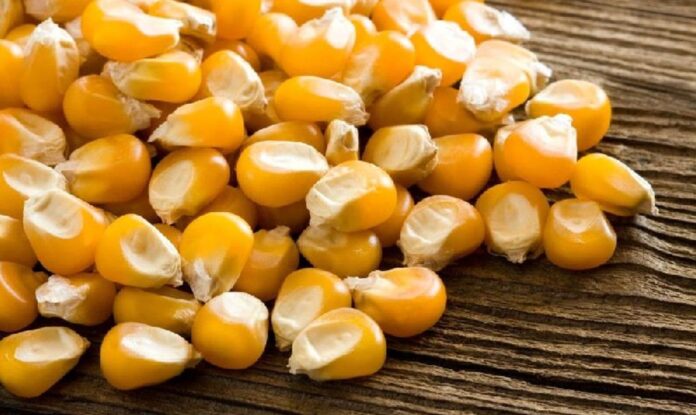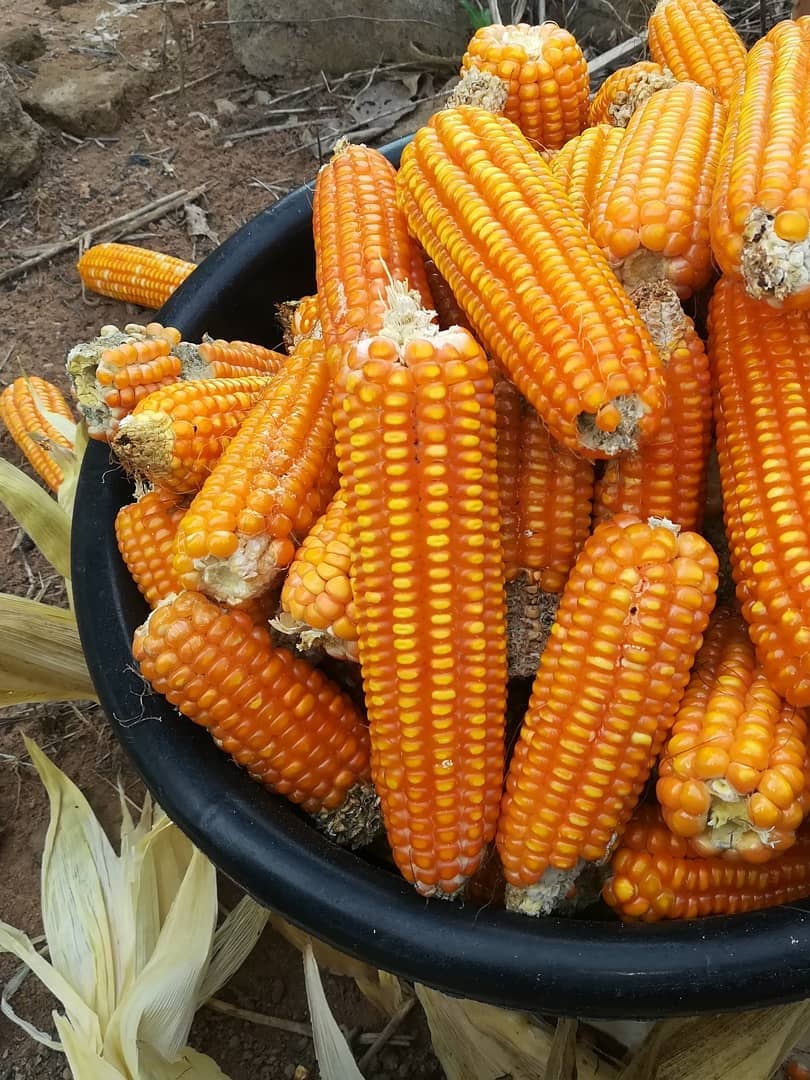Quality crop seed is one of the most important factors in successful cropping. It can affect your yields, profits, and even the quality of your produce.
Seed selection is one of the basic major requirements for successful cropping, good yield, quality produce and profits. Therefore, the a need for particular attention to quality crop seed acquisition by every farmer.
In the broader sense and for this post, we consider seed, a material used for planting or regeneration purposes, as defined by Agriquest. By this, we refer to both the crops’ seeds and the vegetative materials we use to plant them. Examples; cassava sticks, ginger materials, plantain suckers, maize seeds, etc. The factors we discuss in this post pertain to the selection of these materials used for planting and regeneration purposes.
Keys to Quality Crop Seed Selection
Yield Potential
The yield of a crop is measured per unit area of cultivated area eg. 10 t/ha. Most farmers would first consider the yield of a particular seed before an acquisition. Of course, it is important to consider because it very much will determine the profitability of their farms. If the yield information is not available, probe to have an idea so you can make a good decision. All things being equal, choose seeds with high yield.
Cost of Seed
The affordability of seed is also an important factor to consider in quality crop seed acquisitions. Simply, farmers look for seeds within the limits of their budget. Relative to other factors, there may be some indirect costs to the seeds which are considered. These costs may be; seed handling and transportation, seed preparation, seed dressing, germination tests etc. These are factors that can affect or determine the quality of the seed before planting.
Read also: How to do simple Seed Germination / Viability Test
Return on investment
Return on Investment (ROI) is a performance measure, used to evaluate the efficiency of an investment or compare the efficiency of several different investments – (Investopedia).
ROI = Net Profit / Cost of Investment x 100
In other words, ROI compares the extent of profit relative to how much you have invested. This consideration will help you select seeds based on their ROI in quality crop seed acquisition. For example, seeds of crops may require irrigation, high fertilizer applications, and be very weed-intolerant. This will require much more investment compared to one that is drought and weed-tolerant. The final determinant will be the yield. Compare the yield and price of the product to determine the ROI. Then the final decision.
Disease resistance
Seeds with the characteristic feature of disease resistance are always preferred to ones that are not. Crop diseases may cause devastating losses to the farmer. This makes them always desirable seeds that do not yield to crop diseases. In light of this, many breeders also consider that an important feature and try to incorporate that feature as much as possible into seeds. Seeds that are resistant to diseases will help reduce risks and losses in cropping.
Consumer preference
A quality seed must have high consumer preference. There are varying characteristics and usability of the products from seeds. You must choose seeds based on some of the features that consumers prefer. This translates into high profits or a higher ROI.
Read also: Types of Irrigation: Advantages and Disadvantages
Adaptability
A preferred characteristic of quality is its adaptability to the existing soil and climatic conditions. Some seeds thrive over wider zones of varying conditions. Some will survive high temperatures and low humidity and also do well in areas of relatively high humidity. On the contrary, others suit specific areas and climatic zones. You have to be sure of your seeds’ adaptability to your area before the acquisition.
In conclusion
Some seeds may possess one or most of these qualities. It is complicated when you cannot find most or all preferred characteristics in a particular seed.



